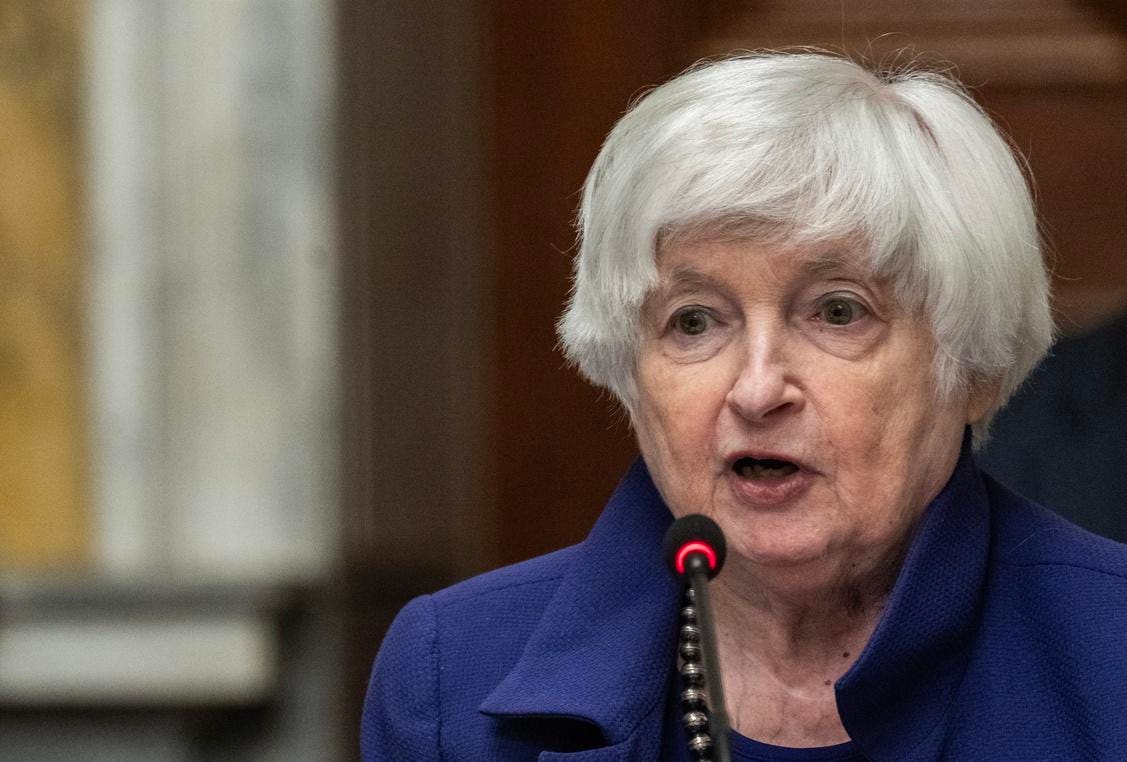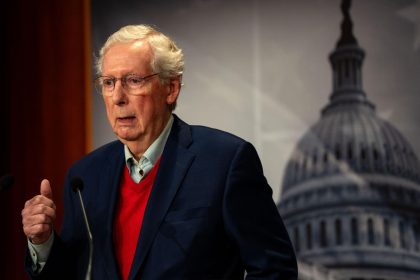The world’s ultra-rich should pay more in taxes. That’s the crux of a proposal by some members of the G20—and the U.S. has noted that it will not support the idea.
G20
The Group of Twenty—better known as the G20—is a group of twenty of the world’s largest economies. It was formed in 1999 as a meeting of Finance Ministers and Central Bank Governors and meets regularly to discuss global policy on the economy, health issues, and more.
The G20 consists of nineteen countries (Argentina, Australia, Brazil, Canada, China, France, Germany, India, Indonesia, Italy, Japan, Mexico, Russia, Saudi Arabia, South Africa, South Korea, Turkey, the U.K., and the U.S.) and the European Union. Other countries, including Spain (a permanent guest invitee), are sometimes invited to participate.
The G20 economies account for more than 85% of the world’s economic output, 75% of global exports, and about 80% of the world’s population.
The proposal, which was introduced by Brazil—the home of this year’s G20 conference and this year’s G20 chair—has the support of other nations. The proposed tax would require billionaires to pay a 2% tax on their wealth each year.
By taxing global wealth, as opposed to income, the G20 suggests it would be more difficult for the überwealthy to simply flee to other countries to avoid taxation. And, since we know that the rich often structure their investments to tax advantage of tax-friendly laws, the law would, proponents say, be more fair than an income tax.
The G20 says that the tax on the world’s 3,000 billionaires—most of whom live in the U.S., China, and India—would raise $250 billion, which could be used to fight poverty and economic inequality. Germany, South Africa, and Spain have signaled some measure of support.
(The 3,000 billionaire tag appears to be something of a round number. Forbes identified 2,781 billionaires in 2024, 141 more than last year and 26 more than the record set in 2021. Forbes also says they’re richer than ever, worth $14.2 trillion in aggregate, up by $2 trillion from 2023 and $1.1 trillion above the previous record, also set in 2021.)
If the idea of a global tax feels like a stretch, it’s not. The Organization of Economic Co-operation and Development (OECD)—an international group focused on establishing international standards and finding solutions to a range of social, economic, and environmental challenges—proposed streamlining several tax issues, including Pillars 1 and 2.
(Pillar 1 focuses on allocating taxation rights, focusing on nexus, while Pillar 2 focuses on other base erosion and profit shifting (BEPS) issues, including solutions to stop the race to lower corporate tax rates.)
Treasury Secretary Yellen
Since the U.S. is a crucial player in the international tax community, other countries will pay attention to what our leadership has to say. That’s why recent comments made by U.S. Treasury Secretary Janet Yellen in opposition to the tax may be concerning for some in the G20. Yellen has supported the OECD proposals (Pillars 1 and 2) but is pulling back on the idea of a billionaire’s tax.
“We believe in progressive taxation,” Yellen said. “But the notion of some common global arrangement for taxing billionaires with proceeds redistributed in some way—we’re not supportive of a process to try to achieve that. That’s something we can’t sign on to.”
Other Support
Massachusetts Institute of Technology professor Esther Duflo, who won the 2019 Nobel Prize in Economics, touted the tax last month in advance of the G20 conference in Brazil later this year, saying, “We are not talking about extortion. “We are talking about paying your fair share.”
Brazil’s Minister of Finance, Fernando Haddad, also voiced his support, saying, “International taxation is not merely the favorite theme of progressive economists; it is an issue of key concern that is at the heart of the global macroeconomic issue.”
He continued, “Each country can go a long way individually. This is exactly what we are doing in Brasil through our Tax Reform. However, without international cooperation, there is a limit for national states to act. Without cooperation, those who are on the top will continue to evade our tax systems.”
Patriotic Millionaires
Reaction in the U.S. has been somewhat quiet, likely evidence that the idea hasn’t picked up much traction (or commanded much attention)—yet.
But Morris Pearl, Chair of the Patriotic Millionaires and a former managing director at BlackRock
BlackRock
He went on to say, “Secretary Yellen’s statement seems to stem from concerns that the revenue from such a tax would be “redistributed.” However, the proposal would not institute a global tax that is then globally redistributed. The blueprint for this proposal is the OECD agreement for a global corporate minimum tax that she herself championed, which enables individual governments to determine how the taxes collected within their borders are spent.”
The Patriotic Millionaires are a group of high-net-worth business leaders and investors founded in 2010 to “build a stable, prosperous, and inclusive nation by promoting public policies based on the ‘first principles’ of equal political representation, a guaranteed living wage for all working citizens, and a fair tax system.” In addition to Pearl, members include filmmaker Abigail Disney, philanthropist Molly Munger (daughter of Charlie Munger), and cardboard magnate Dennis Mehiel.
What’s Next
As with Pillars 1 and 2—some are informally referring to this tax concept as Pillar 3—it will be interesting to see how the conversation changes as publicity ticks up. That’s likely to happen as we get closer to the next G20 Summit. That’s scheduled to occur in Rio de Janeiro beginning on November 18, 2024.
Read the full article here


















